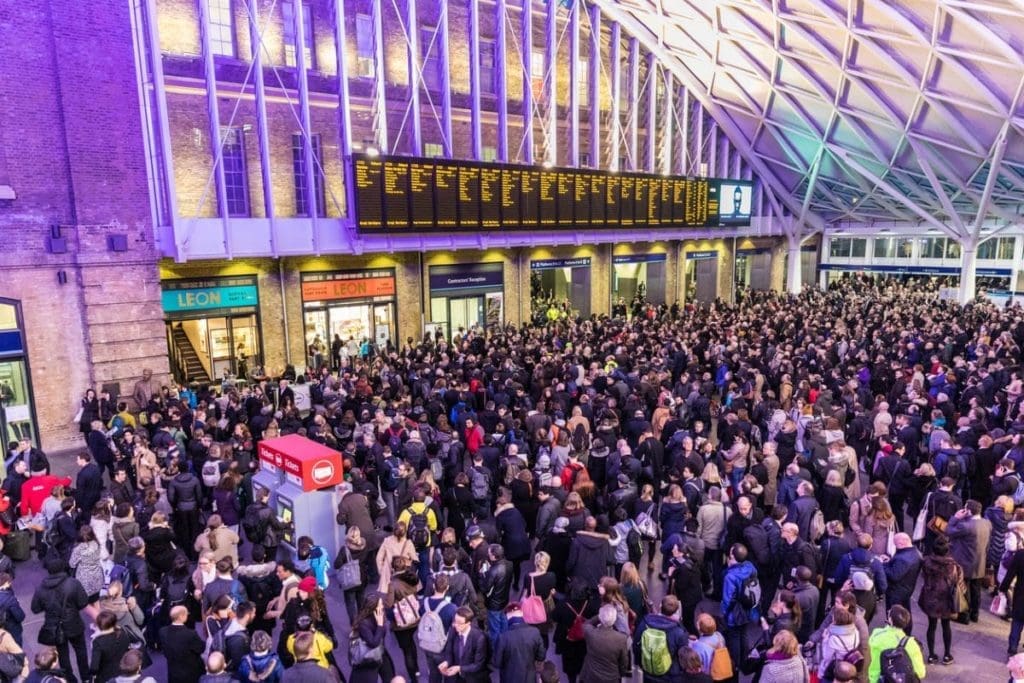More than two out of five train services in Britain during the first half of the year were delayed, new figures show.

Some 41% of services in that period were at least one minute late, according to BBC analysis of industry data collated by website On Time Trains.
A further 3% were cancelled, while 56% were on time.
Enjoy more Railways Illustrated Magazine reading every month.
Click here to subscribe & save.
Stations in Wales had the highest cancellations rate between January and July, at 7%.
Across English regions, the highest figure was in the North East (6%).
Of Britain’s 100 busiest stations, Huddersfield had the highest rate of cancellations (13%) with more than 5,500 trains due to serve the station axed.
This was followed by Manchester Victoria (10%), while York, Newcastle and Manchester Oxford Road all had the joint third highest figure (9%).
All these stations are in the TransPennine Express (TPE) area.
Its reliability was badly affected by drivers’ union Aslef banning overtime.
Services have improved since this ended on June 15, after the operation of trains was nationalised on May 28.
Paul Tuohy, of pressure group Campaign for Better Transport, said: “We want people to travel by train so high rates of cancellations are unacceptable.
“The Government and industry need to sort this out and ensure services run to schedule so that passengers can travel with confidence.”
Reliability of services across Britain has been affected by a series of issues, including infrastructure failures and strikes by staff.
There was widespread disruption on Saturday due to a walkout by members of the Rail, Maritime and Transport union (RMT) at 14 train operating companies and drivers in the Aslef union refusing to work overtime shifts.
A Department for Transport spokeswoman said: “Ministers have been clear with operators they need to deliver punctual services, keeping delays to a minimum.
“To help make our railways more reliable, it’s crucial unions agree to reforms that will modernise the industry.”





